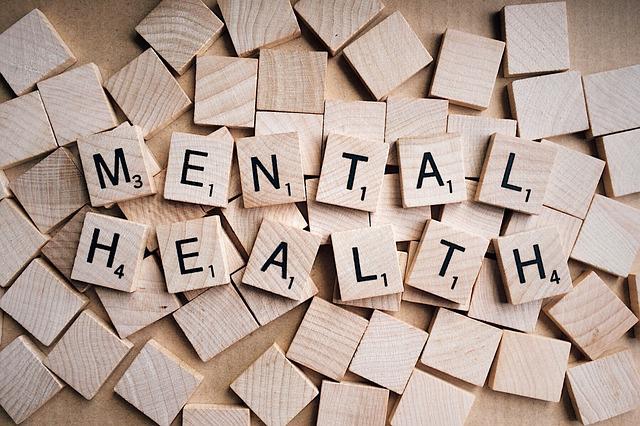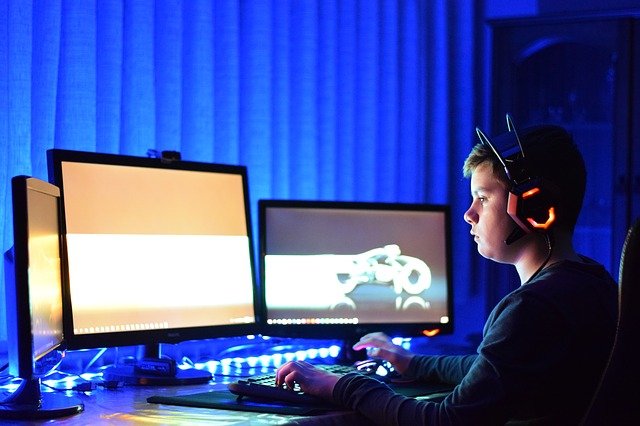Do educational games work?
At Virtue Gaming, we recognise the multitude of benefits that are available when we put our eco-conscious information into games, rather than fliers or even videos. To show you why we think this, we’ve put together this blog post on whether or not educational gaming works.
Interest is raised
It should probably come as no surprise that educational games work best as a tool to raise interest in a topic that we’re wishing to learn about. It boxes the information up in a fun and exciting way that’s much more likely to draw us in initially. However, sources show that educational games work best when there are multiplayer options. This is because our interest is peaked even further as competitiveness builds; we want to know more so that we can beat our opponents. This is why games such as Eco-Aire have leader boards. Here you can see how well you’re doing compared to your friends.
We’re more likely to retain the information
By conveying information through educational games, it’s much more likely to stick in our minds than if it was simply just read out of a book. This means that we’re much more likely to go back and learn more information by playing the game again and again, and so we retain more of it as processes are repeated. Sources show that students who play educational games outperformed peers on the same (related tests). This is why we pack eco-conscious information into games in the first place!
It opens a discussion
Sources show that a major benefit of using educational games to convey eco-conscious information is that it opens up a discussion on the facts that are learned through games such as BEYOND BLUE. This is important as it can make more realise what’s currently going on with the environment. Not only this, but related games give us a series of tips based on what we can do ourselves to minimise negative impacts.
For more information on whether or not educational games work, feel free to contact our team at Virtue Gaming today.
Image by nastya_gepp via Pixabay







Add your comment